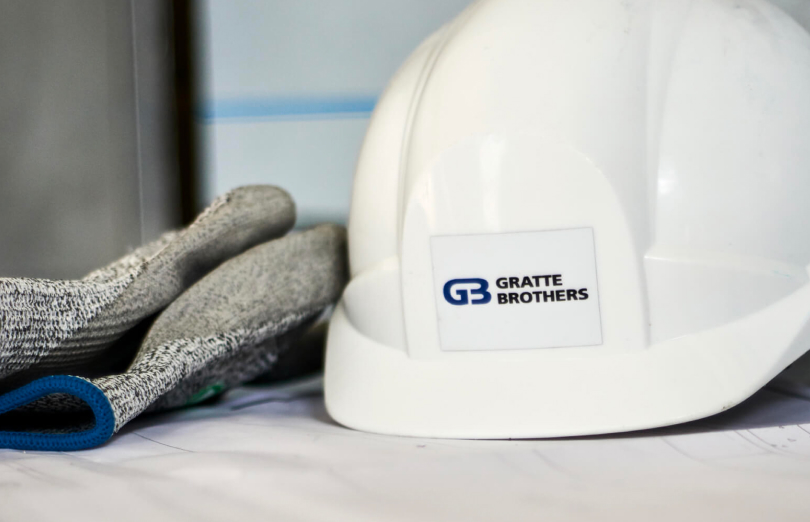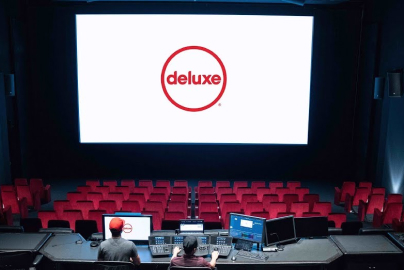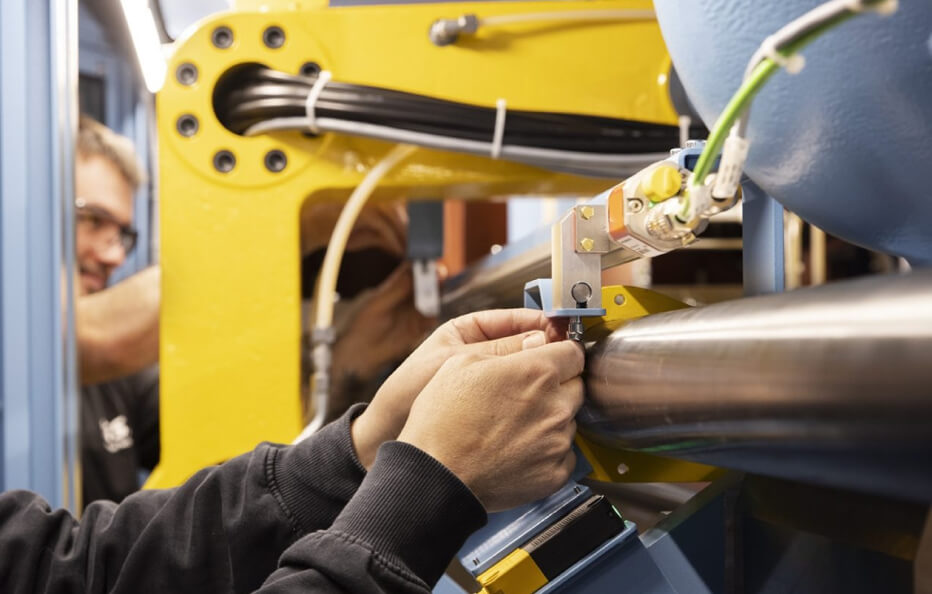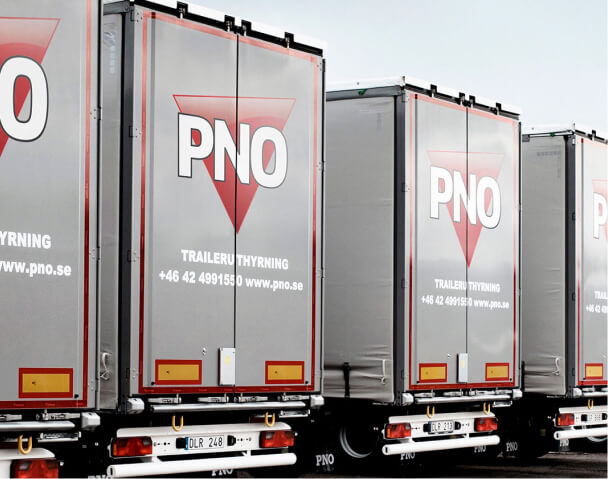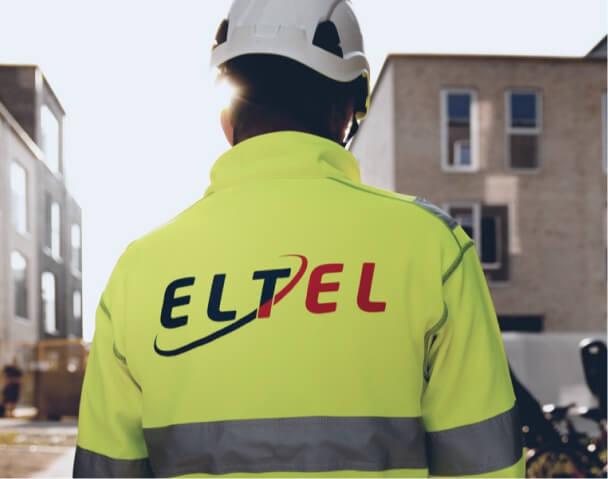– Recieve the latest sustainability market trends, our customers & their incredible work, and news at Normative.
Retail
Flying Tiger Copenhagen uncovers supply chain emissions with Normative
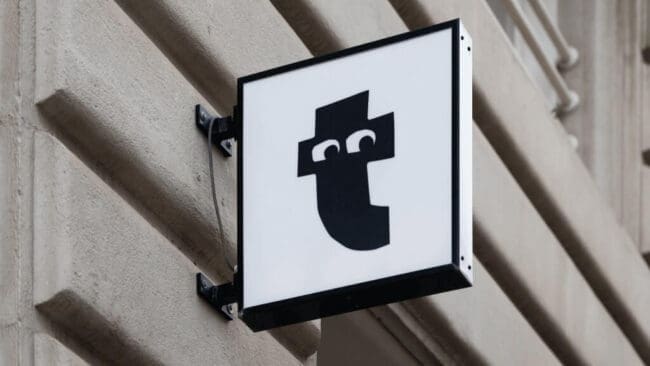
The retailer used Normative to understand the carbon footprint of its complex supply chain & set SBTi-approved targets.
Watch customer story
An “enormously complex” supply chain
When Flying Tiger Copenhagen began working to reduce its climate impact, they knew they had their work cut out for them.
The Denmark-based retailer used a wide range of materials – including plastics, metals, wood, paper, and textiles – sourced from 1000 + factories. They brought to market 400 new products every month, to be distributed amongst 850 stores in 26 countries.
They knew that the first step toward reducing their carbon footprint was to calculate what that footprint was. But how could they unravel their complex emissions, especially when many of them came from hard-to-calculate scope 3 supply chain sources?
My biggest advice? Get help!
Flying Tiger Copenhagen’s Head of Sustainability and Social Responsibility, Trine Pondal, was tasked with leading the company’s carbon reduction strategy.
Reflecting on the early stages of the process, Trine says her biggest takeaway is that companies should seek help as early as possible. A company’s supply chain would have to be incredibly simple for it not to require a large database of suppliers and emissions factors to quantify it.
“I don’t see how you could measure your company’s entire emissions profile without a tool like Normative helping you out.”
Trine Pondal, Head of Sustainability and Social Responsibility at Flying Tiger Copenhagen

We picked Normative for the nerd factor
Flying Tiger Copenhagen spoke to many companies and consultancies offering calculations and ESG ratings, but nobody could provide the comprehensiveness and precision the company needed to understand its supply chain – until they came into contact with Normative.
“I immediately liked Normative’s mathematical background and scientific grounding,” said Trine Pondal. “Flying Tiger Copenhagen has so much data from so many sources that we need a company who really knows what they’re doing – and Normative does.”
Having worked with time-intensive consultancies in the past, Trine was pleasantly surprised at how quickly she could get actionable insights from Normative’s carbon accounting engine.
Trine especially liked the hybrid calculation methodology, which blends spend-based and activity-based data. She could use existing data on Flying Tiger Copenhagen’s financial transactions to calculate an overview of the retailer’s emissions profile; this overview would guide her as she refined those calculations with supplier-specific activity data, resulting in a comprehensive and precise calculation of the company’s carbon footprint.
Learning from data insights
Flying Tiger Copenhagen sells items like office supplies, kitchen equipment, and toys, so most of its emissions would come from solid materials like wood, plastic, and metal – right?
Not exactly. One of the company’s early results from using Normative was to discover that textiles were one of their biggest emissions hotspots. They had a strategy in place for reducing emissions from solid materials like plastic, but none in place for textiles.
With help from Normative’s team, Trine could now compare the emissions factors of different types of textiles with the aim of suggesting lower-carbon alternatives for Flying Tiger Copenhagen’s suppliers.
“Calculating carbon is an ongoing process, and you need a good partner in that process,” said Trine. “Normative’s carbon accounting software and the knowledge of their Climate Strategy Advisors was everything to us.”
Taking action
In addition to guiding Flying Tiger Copenhagen’s carbon reduction efforts, Normative also enabled Trine to update the company’s leadership on the climate strategy and its progress.
Normative’s net zero experts created a one-pager for Flying Tiger Copenhagen’s management, containing an executive summary of the data findings. The one-pager explained where the company’s emissions were the highest and how those hotspots could be reduced, and included recommendations on where to seek more detailed data.
“The reductions suggestions weren’t just coming from me, they were coming from Normative’s experts, based on data,” said Trine. “The insights from Normative have helped us form management’s idea of what this emissions reduction animal is.”
Normative was critical in getting our science-based targets approved
After Flying Tiger Copenhagen understood where its emissions were coming from, the company’s next step was to set reductions targets. They wanted these targets to be extremely ambitious, and to be validated by the Science Based Targets Initiative (SBTi).
Early in the target-setting process, Trine realized she’d need help. She was approached by several consultancies, but they required a lot of work and a lot of data, and had a very high sticker price. After weighing the options,“choosing Normative to help with our science-based targets was a no-brainer,” said Trine. “Normative has the data, they have the expertise, and they’re easy to work with.”
But not only did Flying Tiger Copenhagen want to set targets – they wanted to define a detailed path to reach them, because, in Trine’s words, it felt “totally irresponsible” to set a target without a plan to get there.
So how could the company reach net zero without limiting themselves to selling – in Trine’s example – “wood sourced from the same country it was produced in?”
Trine worked with Normative to answer this question, drawing from Normative’s carbon emissions database. When it came time to start discussing the targets with SBTi, Normative’s experts were ready to help clarify questions as they came up.
Ultimately, in early October 2021, Flying Tiger Copenhagen’s ambitious science-based targets were approved, sending a clear message to their customers and setting a high bar for sustainable and Paris Agreement-aligned retail.
Flying Tiger Copenhagen’s science-based targets
- Reduce scope 1 GHG about 30% by 2026 from a 2019 base year.
- Increase active sourcing of renewable electricity from 22% in 2019 to 84% by 2026.
- Reduce scope 3 GHG emissions from purchased goods and services 40% per million DKK by 2026, from a 2019 base year.
- 75% of FTC’s logistic suppliers by emissions – covering scope 3 upstream transportation and distribution – will have science-based targets within the same timeframe.
The road ahead
Going forward, Flying Tiger Copenhagen will continue using Normative to calculate their scope 1, 2, and 3 emissions as they work to bring the company to net zero.
“After having received our SBTi approval due in part to Normative’s work, I am confident we found an emissions reduction partner not just for our immediate needs, but for the long term as our business evolves and our supply chain changes,” said Trine.
Ultimately, accounting for and reducing emissions is all about one thing: mitigating the worst effects of climate change. Flying Tiger Copenhagen, with help from Normative, has now committed to joining the world’s most important fight.
“Flying Tiger Copenhagen doesn’t just want to have pretty numbers – we want to do what’s right. I trust Normative’s honest and dependable calculations to guide our carbon reductions.”
Trine Pondal, Head of Sustainability and Social Responsibility at Flying Tiger Copenhagen

Your supply chain emissions visualized & actionable
Normative’s emissions accounting engine shows you your company’s entire climate footprint – including your supply chain – and highlights the highest-impact actions you can take.

